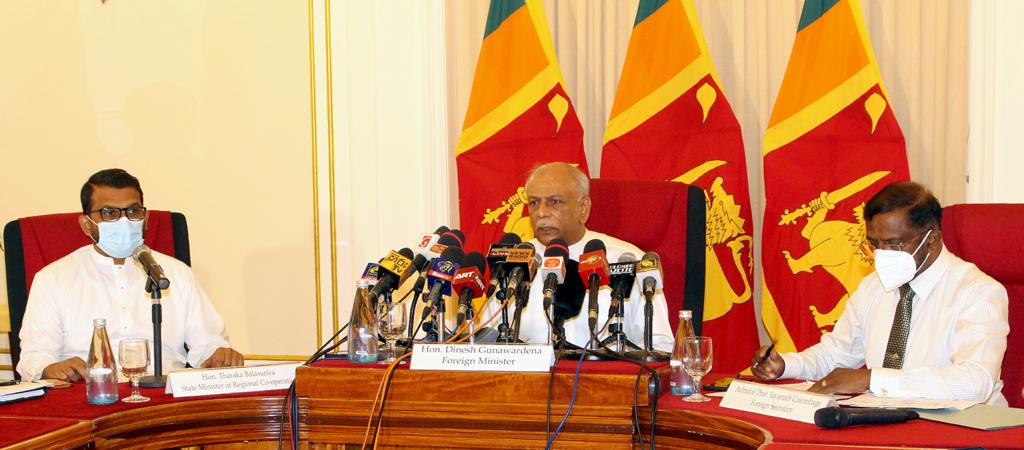
Speaking at the Progress Review Meeting on Aluth Gamek, Sri Lanka’s Prime Minister Dinesh Gunawardene, slammed trade unions and claimed that their “vengeful demands” were undermining the rights of workers, the right to unionise and workers’ bargaining power.
His statement follows mass protests by public and private workers which saw half a million people on the streets at the start of this month, in defiance of the government’s ban on strikes for “essential services”.
These strikes come amidst the island’s worst economic crisis in living memory. The government is reportedly close to clinching a $2.9 million dollar deal with the US-based International Monetary Fund (IMF) however concerns that such an arrangement will lead to a policy of strict austerity.
The government’s tax proposals have seen income taxes raised to up to 36% and have raised power tariffs by two-thirds so as to qualify for the IMF’s bailout, which was provisionally agreed upon in September.
Speaking to reporters during the protests earlier this month, Niroshan Gorakanage, Convenor for the Ports Trade Union Alliance, stated:
"We are protesting because we are finding it difficult to live. This income tax bill must be removed if not we will ensure that there are more problems for this government".
Last April, 21 feminist organisations in Sri Lanka, the majority of which are based in the North-East, warned that ‘women will face the brunt of this crisis’.
“We are seriously concerned about the long-standing causes for the crisis, such as corruption in public enterprises and failure to introduce progressive tax policies. While these remain unaddressed, we anticipate attempts to privatise public services which will again transfer the economic burden onto the people” they wrote.
Read more here: 'Women will bear the brunt of the economic crisis' - Feminists warn against IMF bailout
